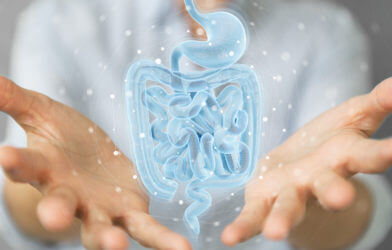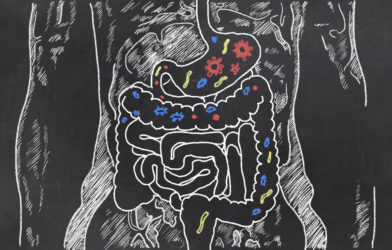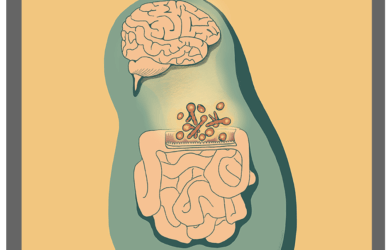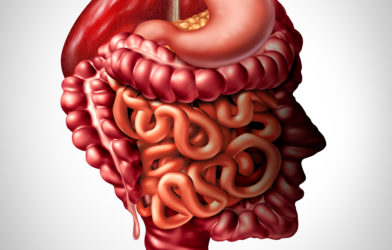
Gut Brain Connection


‘Piezo2’ protein involved in the sense of touch also plays critical role in avoiding constipationMarch 10, 2022

Social influencer: How gut microbiome plays key role in your personalityMarch 10, 2022

Discovery of molecule linking eating and mating underscores gut-brain connectionFebruary 28, 2022

Mouse study demonstrates how gut bacteria cause anxiety, regulate emotionsFebruary 24, 2022

1 in 9 people battle stomach pain after eating, likely from disorders of gut-brain interactionsFebruary 22, 2022

Gut fungi work in harmony with the brain, immune system to mediate immunity and behaviorFebruary 22, 2022

3 in 5 people didn’t know that their gut impacts mental health, survey saysFebruary 18, 2022

Fecal transplants reverse cognitive decline in aging mice — ‘potential game-changer’ for brain disease treatmentFebruary 17, 2022
